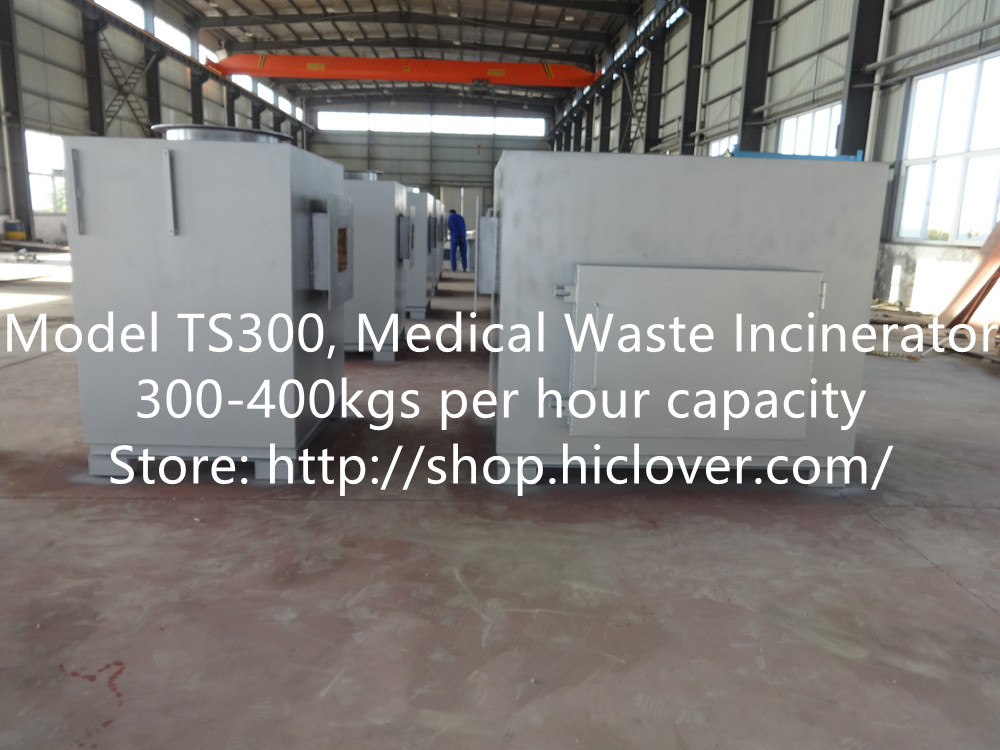Medical waste is a byproduct of healthcare facilities and includes items such: as needles, syringes, gloves, blood, and other medical equipment. The proper disposal of medical waste is crucial to prevent the spread of infection and protect human health and the environment. However, a recent study has shown that the burning of medical waste can have harmful effects on human health and the environment.
The study, conducted by researchers at the University of California, Davis, found that the burning of medical waste releases harmful chemicals and toxins into the air, soil, and water. These chemicals and toxins can have serious health effects on nearby communities and the environment. In addition, the combustion of medical waste can release greenhouse gases and contribute to air pollution.
One of the major concerns with the burning of medical waste is the release of dioxins and furans, which are highly toxic and can cause a range of health problems, including cancer, reproductive and developmental disorders, and damage to the immune system. These chemicals can also bioaccumulate in the food chain, posing a long-term risk to human health and the environment.
Furthermore, the study found that the burning of medical waste can also release heavy metals, such as mercury, lead, and cadmium, which can contaminate soil and water sources. These heavy metals can have detrimental effects on wildlife and ecosystems, as well as pose a risk to human health through the consumption of contaminated food and water.
The improper disposal of medical waste is a global issue, especially in low- and middle-income countries where resources and infrastructure for proper waste management are limited. In these countries, medical waste is often disposed of through open burning or landfilling, leading to the release of harmful pollutants into the environment. The lack of regulation and enforcement of proper waste management practices in these countries exacerbates the problem and puts communities at risk.
To address the harmful effects of medical waste burning on human health and the environment, it is crucial to improve waste management practices and invest in safer and more sustainable disposal methods. This includes promoting the use of alternative technologies, such as autoclaving, microwave treatment, and non-incineration technologies, to sterilize and dispose of medical waste. Additionally, there is a need for stricter regulations and enforcement of proper waste management practices to prevent the illegal burning of medical waste and protect communities and the environment.
Ultimately, the study highlights the urgent need to address the harmful effects of medical waste burning and transition towards safer and more sustainable waste management practices. The health and well-being of communities, as well as the protection of the environment, depend on the responsible disposal of medical waste. It is imperative that governments, healthcare facilities, and stakeholders work together to find viable solutions to this pressing issue.



